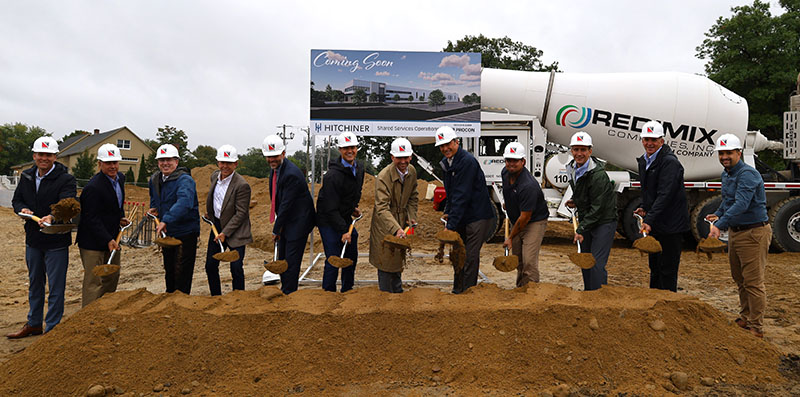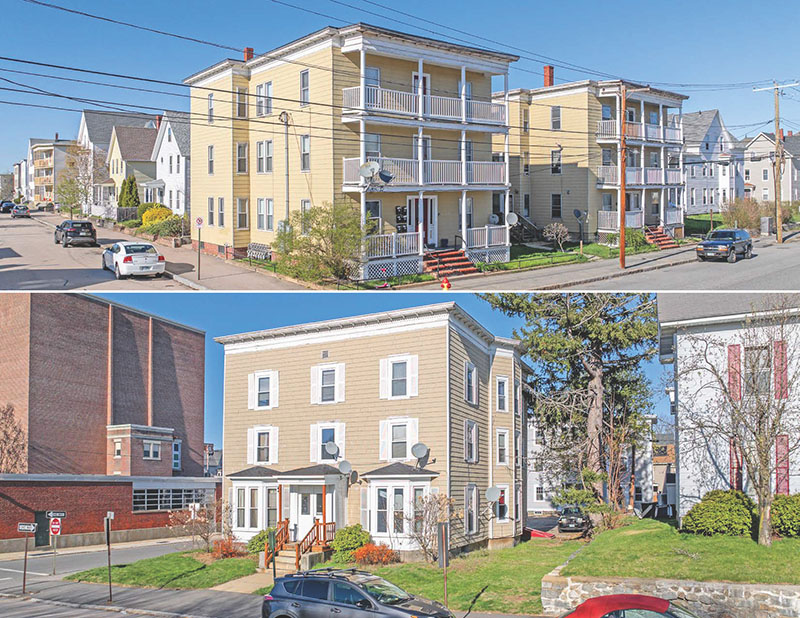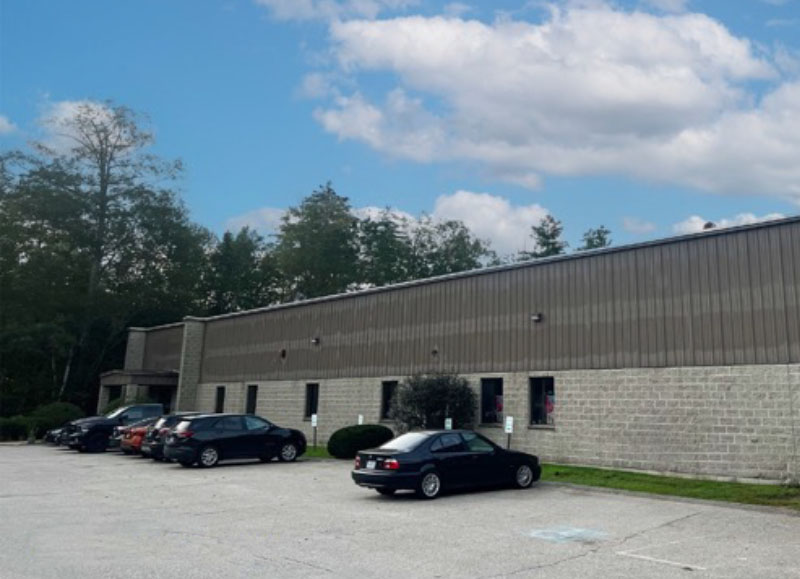Mascoma Community Development wins third new markets tax credit allocation
Lebanon, NH Mascoma Community Development (MCD) has been awarded $60 million in New Markets Tax Credit (NMTC) authority from the U.S. Treasury's Community Development Financial Institution (CDFI) Fund.
The NMTC program allows MCD to direct capital to underserved, primarily rural communities through financing high-impact, mission-focused projects nationwide with a primary focus on N.H., VT., ME., N.Y., MI., and Penn.
This New Market Tax Credit award represents MCD’s fourth allocation, providing a total of $230 million since their first award in 2014. MCD is a Community Development Entity (CDE) established by Mascoma Bank to facilitate industrial and manufacturing expansion, retail and main street redevelopments in rural and minor-urban communities that are suffering from population decline and out-migration.
“We are so pleased that the CDFI Fund has continued to be supportive of our impactful community development efforts,” said Dick Jennings, managing director, Mascoma Community Development.
“The rural areas that we primarily focus our funding on have significant need for access to flexible capital to generate economic recovery and resiliency of their main streets and industrial sectors, enhancing opportunities for quality accessible jobs and access to affordable retail goods and services. This award will greatly strengthen MCD’s efforts to bring beneficial change and economic growth to the communities that we serve.”
The New Markets Tax Credit was enacted in 2000 in an effort to stimulate private investment and economic growth in low income urban neighborhoods and rural communities that lack access to the patient capital needed to support and grow businesses, create jobs, and sustain healthy local economies. The NMTC is a 39% federal tax credit, taken over seven years, on investments made in economically distressed communities.
PROCON and Hitchiner break ground on 57,000 s/f shared services operations facility








